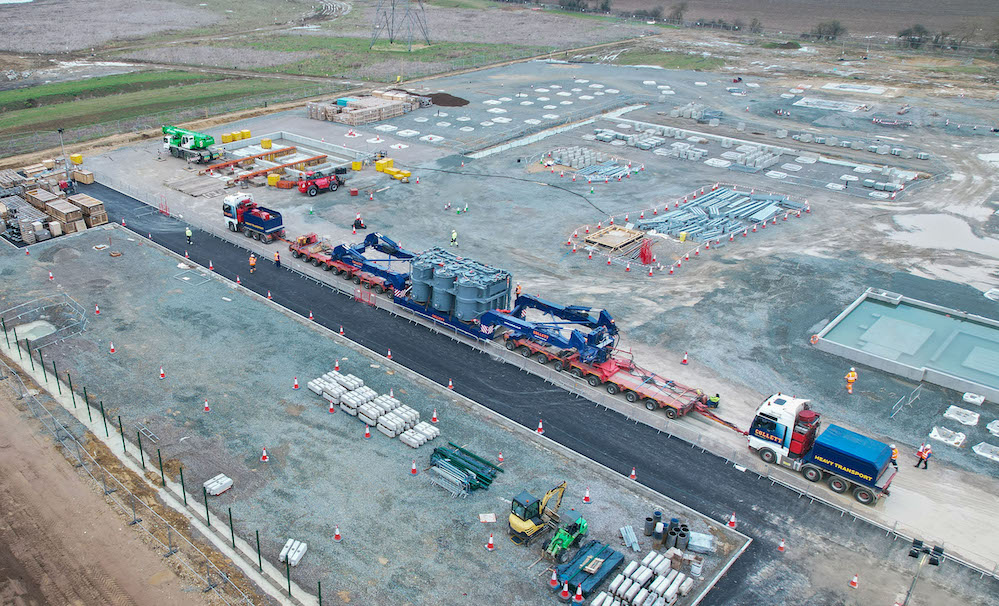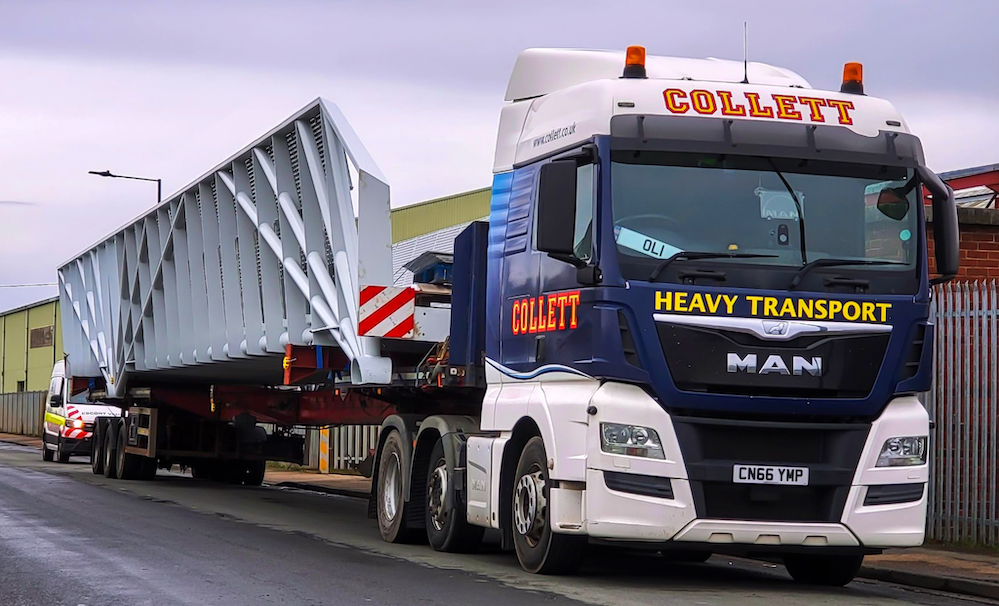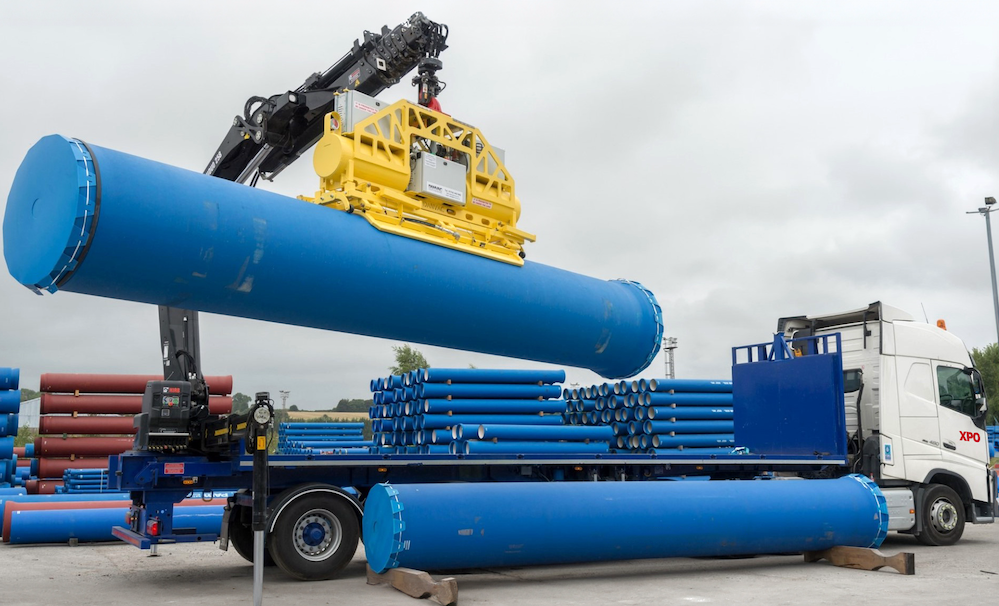“The time for business as usual is over” – that’s the central message in a bold new report exploring the future of selling and negotiating in the logistics industry. A diverse new skill set of collaboration, adaptability, and communication will now be required to remain competitive, driven by a ‘perfect storm’ of globalisation, disruptive technology and evolving working patterns.
The Future of Sales and Negotiation in Logistics examines the micro and macro trends happening right now, as well as up to 20 years into the future, and is aimed at helping market-leading skills-development company better understand the challenges facing its customers around the world.
The report focuses on the essential trends that those working in the global logistics industry have to embrace now, in order to remain competitive in the future, as well the specific skills needed to successfully navigate these choppy waters.
Key trends in the global logistics industry
Environmental levies and energy supply. Increasingly complex environmental factors such as water impact, plastic or toxic waste disposal, local labour laws and human rights will impact on logistics operators, who are on the coalface of emissions and consumption.
Drone distribution coming-of-age. Far from being a ‘sci-fi’ concept, emerging drone-start-ups will not only outperform traditional logistics players in niche markets, but could disrupt the entire market, in a similar way to how Uber has revolutionised the taxi industry.
Smart local logistics. The one-size-fits-all approach of large logistics players mean they struggle with local presence – ever more important given the increase in micro-enterprises. This is giving rise to intermediate logistics companies, able to link large with small, effectively.
Working smart with e-commerce giants. Companies like Amazon have highly optimised logistics systems in place. So rather than building their own, less efficient systems, smaller logistics players are in fact finding ways to buy logistics capabilities off the e-commerce giants themselves.
The rise of Artificial Intelligence. A.I. will result in near total automation in the supply chain. While this will result in a reduction of human roles, an increased capital will be placed on essential human interface qualities such as problem solving and customer support. This will result in reverse globalisation, with this refined human edge able to justify an increased price.
The craft economy. The growth in automation will result in a rise in self-employment, with individuals turning their hobbies into businesses. This craft economy is very appealing to big business, and smart logistics companies with the right approach will find ways to virtualise this local manufacturing and distribution resource.
The new future ‘skills for survival’
Crucially, these issues present serious implications for anyone selling or negotiating into the supply chain, especially when it comes to the very specific and complex skill sets each demand. As such the report identifies the essential qualities and attributes that are a must for future success:
- The ability to be adaptable like never-before
- Able to lead complex, multi-dimensional negotiations spanning the globe
- Must be equipped with a vastly more diverse and holistic knowledge-set and skill-base
- Need to possess a truly international mindset and outlook
- Must effectively communicate – the ability to seamlessly talk to large and small companies alike
- A deep understanding of niche markets – inside and outside of core sectors
- Able to broker and form protectionist alliances
Commenting on the report, Tony Hughes, CEO at Huthwaite, said: “In any industry, and in any sector, the key to succeeding, growing and flourishing is down to staying ahead of the curve, embracing change, and constantly evolving to embrace new opportunities and revenue streams. It’s fair to say, for the logistics industry, at the sharp edge of global business trends, where multi-million pound budgets and staggeringly complex projects are commonplace, this couldn’t be truer.
“Never before has the pace of change been so rapid, and those in the sector are faced with a stark choice: adapt or die. But where to focus time and resources? Working with one of the world’s leading futurologists, Dr Ian Pearson, we have examined the key trends shaping the logistics industry now, and in the future, and crucially, what challenges and opportunities these present for those selling or negotiating into the supply chain. It’s a fascinating report, and when reading it, it’s important to remember; many a false step was made by standing still”.
The Future of Sales and Negotiation in Logistics was commissioned by leading global provider of sales, negotiation and communication skills development, Huthwaite International, in conjunction with prominent futurologist and logistics expert, Dr Ian Pearson. The report is geared specially to the needs of senior sales and negotiation professionals – arguably the engine room of any effective logistics operation.







